What is the difference between borderline personality disorder and narcissistic personality disorder? And what childhood factors cause one vs. the other to develop?
By Dr. Elinor Greenberg
Let’s imagine two women meet for lunch. One has Borderline personality disorder and the other has a Narcissistic personality disorder. They are new colleagues at work and do not know each other very well.
If we could peek into their minds, here is what each might be thinking:
Borderline Woman:
I hope she likes me. I could really use a friend at work. She looks nice. I feel so lonely here since Sherry left.
Narcissistic Woman:
She looks fat in that dress, but she is wearing a Prada bag. I wonder how much that bracelet cost. I am not sure I want to be seen with someone who looks like her.
What we are seeing in this example is a real difference in priorities that is typical of the differences between people with Borderline and Narcissistic adaptations. The Borderline woman is focused on being liked and forming a new and emotionally satisfying relationship that will take the place of the one she recently lost. The Narcissistic woman is assessing the Borderline woman’s value as a status enhancer.
Related: Why Do You Keep Attracting Narcissists and How to Avoid Getting Involved With Them
Narcissists are ultrasensitive to status markers and try to only be associated with people, institutions, and objects that they believe will reflect well on them. They believe that: proximity to status increases their status.
If we look a little more closely at these two diagnoses, we see some marked differences in how Borderline and Narcissistic individuals approach life:
1. MAJOR ISSUES
Borderline:
Their continual desperate search for reparenting in the form of love, romance, and nurturing leads them to choose and cling to inappropriate people and neglect other areas of their life. They spend very little time planning for the future, taking care of their health, managing their money, and attending to normal day-to-day chores.
They would like other people to take on all the adult responsibilities that they prefer to ignore. Their life is littered with unfinished projects. They have difficulty setting realistic goals and staying motivated long enough to succeed in reaching them.
Related: 10 Borderline Personality Disorder Facts That You Must Know
Narcissist:
People with narcissistic personality disorder are continually seeking ways to enhance and stabilize their self-esteem and ward off shame-based self-hating depressions. In the process, they often alienate those around them by their grandiosity and their need to be the center of admiring attention. They are overly sensitive to negative feedback and may devalue anyone that they believe is criticizing them. They are low on empathy and have little capacity for true intimacy, which makes it very hard for them to form successful love relationships.
2. MAIN GOALS
Borderline:
They want to be seen as lovable, receive unconditional love, find their “Soul Mate,” and get reparenting for everything that they missed in childhood. They would also like someone else to do all the hard adult things that they find intimidating.
Narcissist:
They want to be seen as perfect, special, unique and entitled to special treatment. They want to attain high status, get continual admiration and recognition from others, and always be right.
Related: Who Is a Malignant Narcissist? Who Are The People They Target
3. DIFFICULT TIMES
Borderline:
When they are required to self-activate, structure their own time and life, and act independently.
Narcissist:
When they have to work with other people and treat them as equals; loss of status, aging, or rejection; having to apologize or admit that they have made a mistake.
Related video:
4. MAJOR DEFENSES
Borderline:
They use “splitting” (seeing people as all-good or all-bad), denial, and a variety of acting-out behaviors to distract and distance themselves from their pain—substance abuse, picking fights, cutting, binge eating, video gaming, gambling, etc.
When people with borderline personality disorder start to feel negative feelings, instead of dealing with then, they may quit their job, take a sudden trip they cannot afford, sign up for college courses, or find a new lover. These new activities rarely lead to anything positive, because their main appeal is that they are distractions from what the person is feeling or a way out of a situation that is not going well.
Narcissist:
People with narcissistic personality disorder become grandiose, cruelly devalue others, use other people to help to manage their self-esteem and try to associate only with high-status people or things. They leave situations and people who no longer serve their needs or enhance their self-esteem.
Related: Relationship Stages With A Narcissist Or Borderline And Triangulation
5. SECRET FEARS
Borderline:
(1) They are unlovable;
(2) They will be abandoned or rejected;
(3) If they self-activate and become a fully adult, independent person, they or their mother will die or go crazy.
Narcissist:
(1) They are intrinsically defective and worthless;
and (2) they will be publicly exposed as a fraud.
6. CONTRIBUTION TO THE WORLD
Borderline:
Borderline individuals bring passion and liveliness into the world. Their clinging is the glue that holds many families together. Many of our greatest love songs and most expressive music are creative expressions of Borderline issues.
Narcissist:
Because they have such a strong need for public recognition, Narcissists start many of the organizations, training institutions, and political bodies that make our society possible. They are willing to devote enormous energy to causes as long as their work or their financial contribution puts them in the spotlight. Many of our most beloved entertainers are Narcissists. Many of our hospitals would not have been built without the work and funds of Narcissists.
7. INTERPERSONAL GESTALT
The Interpersonal Gestalt (or IG for short) is a concept that I developed that looks at what repeatedly becomes figure for the client during one-on-one interactions.
Borderline IG:
People with borderline personality disorder tend to notice interpersonal cues that involve the potential to be loved and nurtured or, conversely, abandoned or engulfed by the needs of the other person.
Narcissistic IG:
They tend to notice those interpersonal details that reinforce or contradict their sense of being special, perfect, unique and entitled. They are also highly sensitive to cues that relate to the possibility of being criticized or humiliated.
8. CHILDHOOD HOME
Borderline:
It is common to hear stories of abuse and abandonment. Often, the child was not taught the skills necessary for adult life or even encouraged to become independent of their family. Some children were used to serve the emotional needs of a parent, usually the mother, who felt lonely, depressed, and abandoned herself.
Related: Sons Of Narcissistic Mothers and The Damage They Suffer
Narcissist:
People were divided into “winners” and “losers.” High achievement and all marks of status were excessively valued. The children were not unconditionally loved, but they were instead valued for the narcissistic supplies that they provided for the parents.
Elinor Greenberg, PhD, CGP
In private practice in NYC and the author of the book: Borderline, Narcissistic, and Schizoid Adaptations: The Pursuit of Love, Admiration, and Safety.
Written by Elinor Greenberg, Ph.D.
Originally appeared in Quora
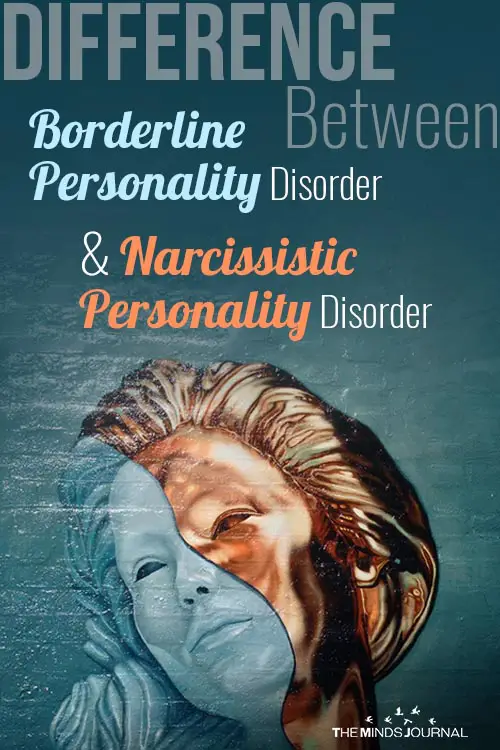
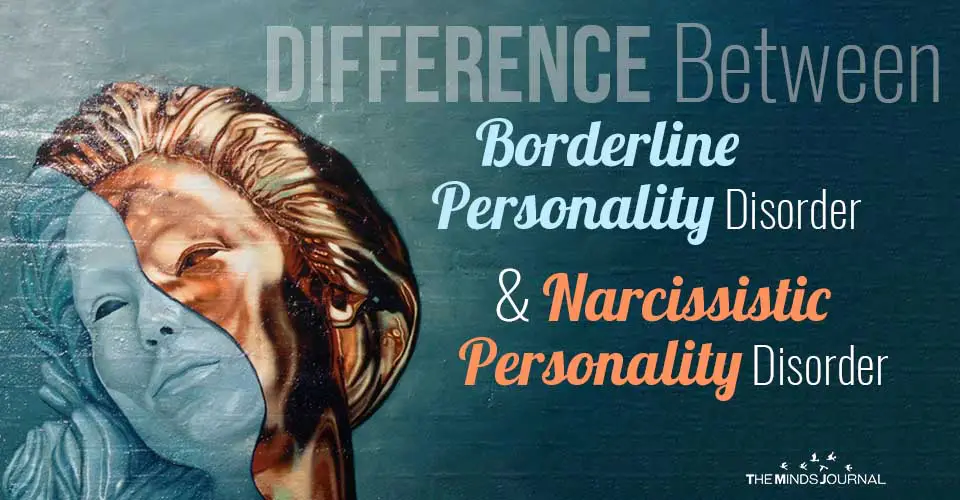

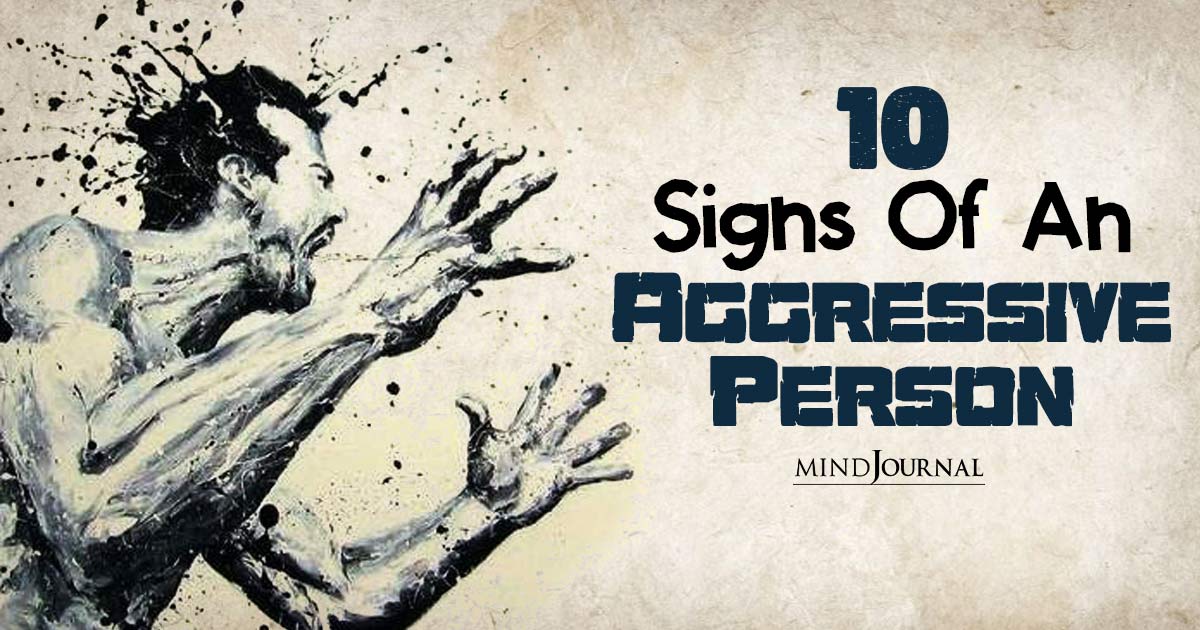
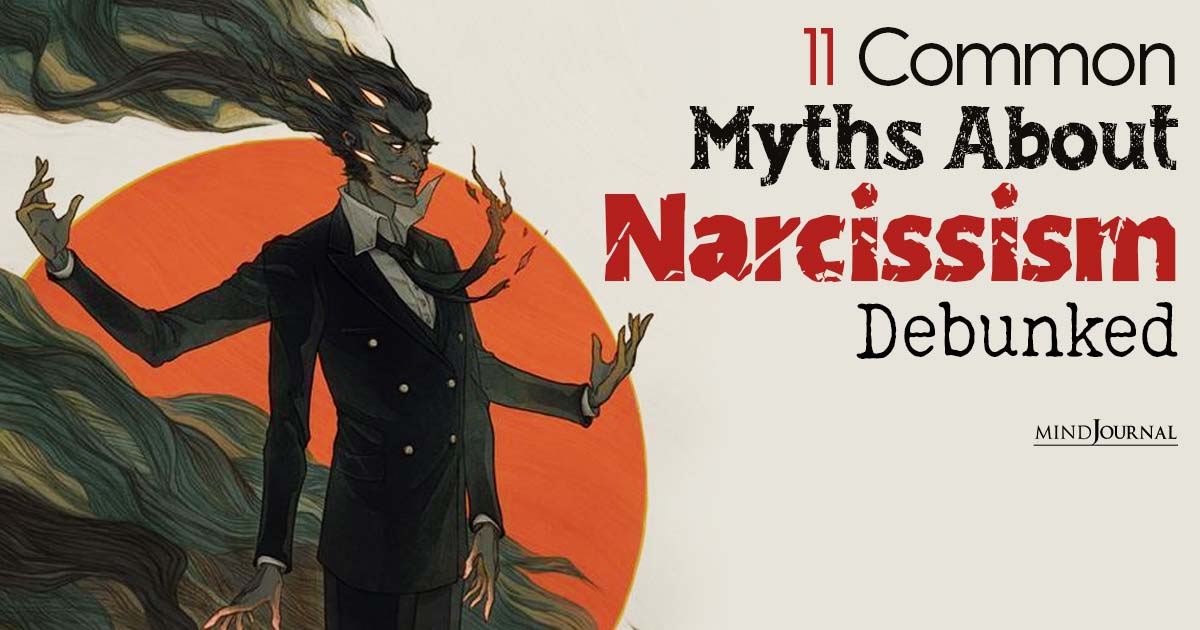



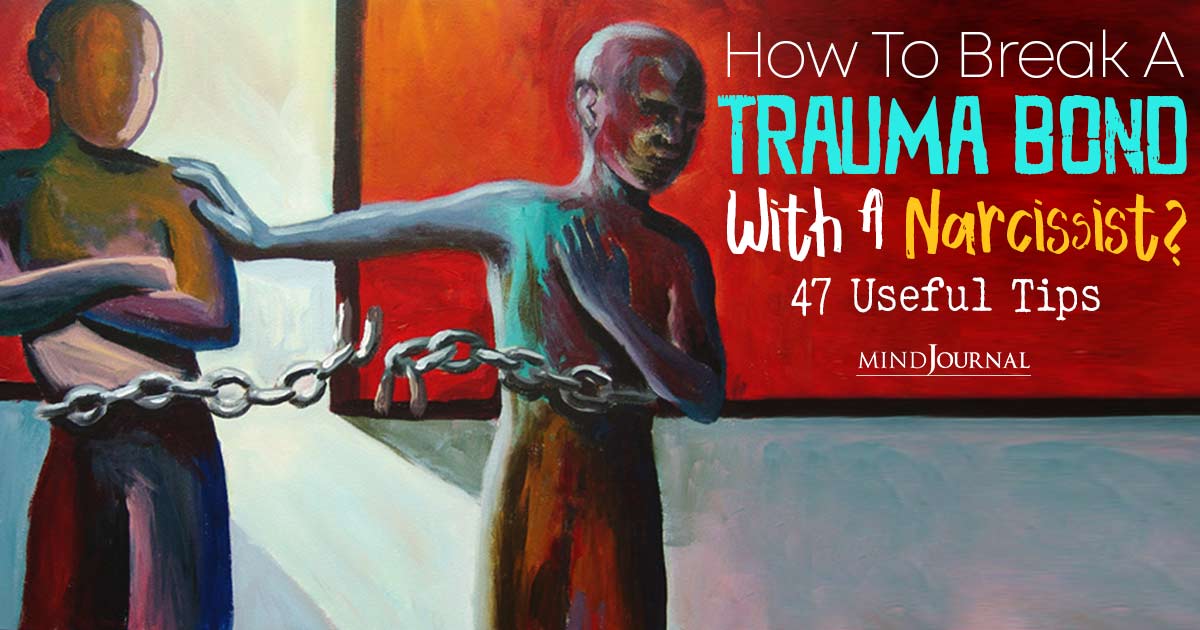
Leave a Reply
You must be logged in to post a comment.